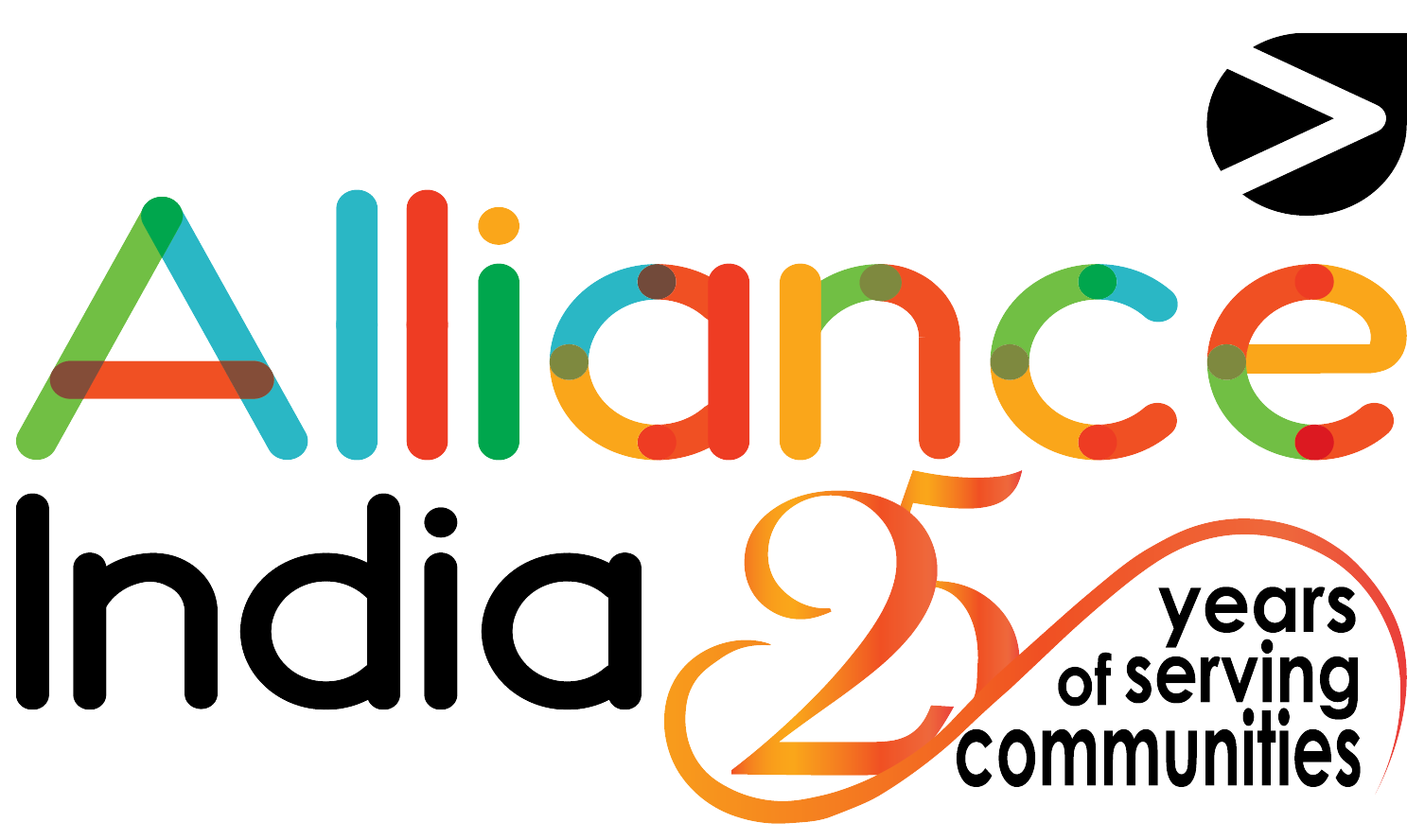Linkages
Building on the years of experience of closely working with HRG communities on HIV prevention, treatment and care, Alliance India directly implemented LINKAGES project supported by FHI 360 funded by USAIDS PEPFAR in six high burden districts of Maharashtra (Mumbai, Pune and Thane) and Andhra Pradesh (Krishna, Guntur and East Godavari) starting from August 2017. For the first time, an HIV programme was designed to provide HIV services to the scattered MSM and TG population in remote sub-districts of rural districts.
As an attempt to reduce structural barriers, the Linkages project collaborated with 16 community-based organisations and 77 targeted interventions of State AIDS Control Organisations. The staff serving female sex workers and MSM and TGs were trained on gender-based violence and violence mitigation, laws and policies that can harm or help the community and supported in advocacy activities with the stakeholders. On the other hand, had a series of sensitization meetings and training with health care providers which lead to increased service uptake. To ensure that communities continue to serve beyond the project period, efforts were put in strengthening the institution and organisational development for community-based organisations in the two states.
Project Highlights:
- For the first time, project officers, outreach workers and peer counsellors of targeted intervention (TI) teams in all the six districts received training on Gender & Sexuality and Gender-based Violence.
- Reviewed and revived the crisis response teams in 50 TIs by supporting them to document and address violence faced by the community.
- A resource pool of 40 community consultants was identified and given training of trainers on gender-based-violence and health care providers’ guide. They were the master trainers in the subsequent cascade of training.
- Created ‘virtual crisis response support groups’ with support from the lawyers’ forum from the local courts, which was a huge success in Mumbai and Thane. Sensitised the bar council on sexuality and gender issues.
- The project managed to bring together seven Gharanas (house of hijra community consisting of a nayak – leader, gurus – multiple second-line leaders and chelas – followers) for the first time for a state hijra consultation in Mumbai. This resulted in garnering support from the gharanas and promoting co-operation between the TIs and the influential individuals of the community.
- An opportunity to extend HIV services to the female partners of the MSM was recognized. Interestingly, 40% of those who tested were found to be positive initiated on ART.
Project Results
(2018 to March 2019)
- 15561 TGH and MSM received at least one of the project services for the first time in their lives
- 7135 TGH, MSM and their female partners tested for HIV screening
- 162 TGH, MSM and their female partners found HIV reactive and linked to the treatment centre.
- 909 TI workforce including peer educators, outreach workers, project directors, project managers, counsellors and M&E officers trained in gender-based violence covering 72 TIs projects of the respective State AIDS Control Society.
- 1159 health care providers were trained to help reduce stigma and discrimination in high-burden health facilities.
- 48 crisis response teams revived and/or supported in the TIs. This has led to a significant increase in the number of incidences of crisis reported in TIs.
- The crisis and violence tool has been used to identify and report a total of 363 crisis cases within the period of one year of its introduction.
- 188 board members and project directors of 16 CBOs received training on organizational development to build their capacity in areas such as governance, leadership, fiscal management, compliance to laws and policies and human resource management.
- Made by Nicdark - Copyright 2020
- donations@ong.com
- volunteers@ong.com
- contact@ong.com
India HIV/AIDS Alliance (Alliance India)
A not-for-profit Section 8 Company with Registration No: U85310DL1999NPL098570
Contact
-
6, Community Centre
Zamrudpur Kailash Colony Extension
New Delhi – 110048 - +91-11-4536-7700
Download
©2021 All Rights Reserved by Alliance India

